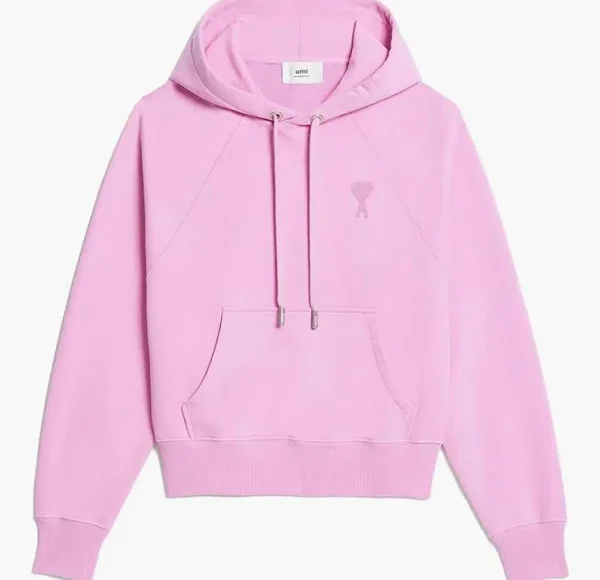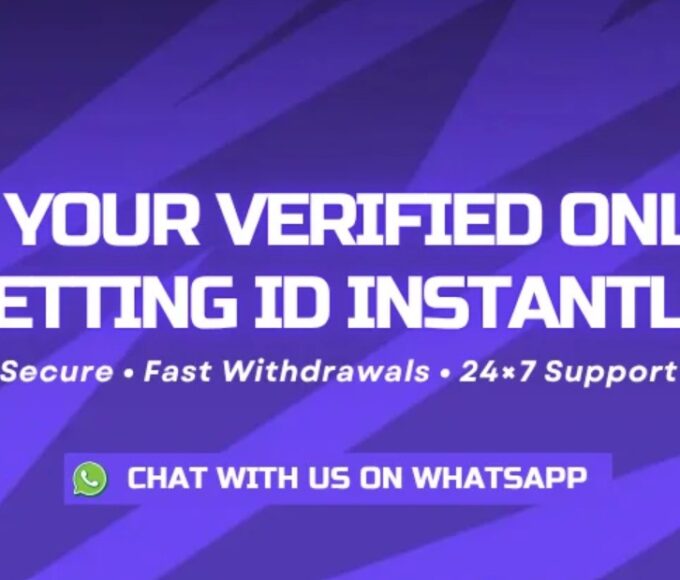Hosting a virtual event is a great way to connect with people, share knowledge, and grow your brand online. But just planning the event is not enough. You also need to promote it well so that people know about it and want to attend.
That’s where virtual event marketing becomes important. In this blog, we will share 8 simple and clear ideas to help you promote your virtual event. These virtual event marketing tips and strategies will help you reach more people and make your event successful.
Let’s explore this easy virtual event marketing guide together.
1. Know Your Audience Before You Promote
The first step in any virtual event marketing plan is to understand who you want to invite. Ask yourself:
- Who is this event for?
- What do they care about?
- What would make them want to join?
Once you know your audience, you can create messages that speak directly to them. For example, if your event is for students, use a fun and easy tone. If it’s for business people, keep it professional. This step helps you plan everything else in your marketing better.
2. Create a Simple and Clear Event Landing Page
A event landing page is the webpage where people can learn about your virtual event and register. This page should be clear, simple, and easy to understand. It must include:
- The name of the event
- Date and time
- Speakers or guests
- What the event is about
- Why someone should attend
- A “Register Now” button
This page is one of the most important tools in your virtual event marketing strategy because it turns visitors into attendees.
3. Use Social Media to Spread the Word
Social media is one of the best ways to promote a virtual event. You can use Instagram, Facebook, LinkedIn, Twitter, or YouTube to talk about your event. Post regularly about your event, share updates, behind-the-scenes clips, and even short videos.
You can also create a special hashtag for your event and encourage others to use it. This helps your event reach more people and builds excitement online. Social media is a key part of any event marketing plan today.
4. Send Emails to Invite and Remind People
Email marketing is still one of the strongest tools in virtual event marketing. If you have a list of people who might be interested in your event, send them a friendly email invite. Make sure the email includes all the event details and a link to register.
Later, you can also send reminder emails , maybe one a week before and another a day before the event. This helps people remember and increases attendance.
5. Work with Influencers or Guest Speakers
One of the smartest virtual event marketing strategies is to collaborate with influencers or experts in your industry. If they talk about your event on their social media or email it to their followers, more people will learn about it.
You can also invite them to speak at your event. Their name and presence can add value to your event and make people more likely to attend. This also builds trust with the audience.
6. Share Interesting Content Before the Event
Content marketing is also part of good virtual event marketing. Before the event, you can share small pieces of content like blog posts, fun facts, quotes from speakers, or short teaser videos. This keeps your audience engaged and excited.
Make sure the content is simple and matches the theme of your event. This helps people understand what to expect and why they should care.
7. Run Paid Ads to Reach More People
Sometimes, organic marketing is not enough. That’s when paid ads come in. You can run small ads on Google, Facebook, or Instagram to promote your virtual event. These ads let you choose your target audience, budget, and even location.
Paid ads are very useful when your event is coming up soon and you want quick attention. They are a useful part of many virtual event marketing strategies.
8. Follow Up After the Event Ends
Marketing doesn’t stop when the event ends. A good virtual event marketing guide also includes post-event follow-up. After your event, send a thank-you email to all attendees. You can also share a recording of the event or a feedback form.
This not only shows that you care but also helps build a long-term relationship. When people feel valued, they are more likely to attend your future events. This is one of the most important virtual event marketing tips for long-term success.
Final Thoughts
Virtual event marketing doesn’t have to be difficult. With the right planning and clear communication, you can reach more people and create a better event experience. From email invitations to social media posts, each step helps your event get the attention it deserves.
This blog shared 8 simple and effective ideas to help you market your event better. Whether you are new or experienced, this virtual event marketing guide is here to support you. Use these virtual event marketing tips to grow your reach and build trust with your audience.
Good event marketing helps people find you. Great marketing makes them excited to join.















Leave a comment